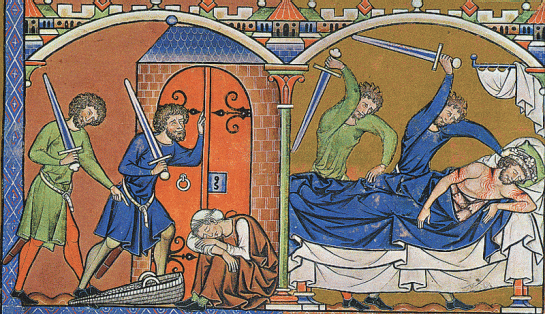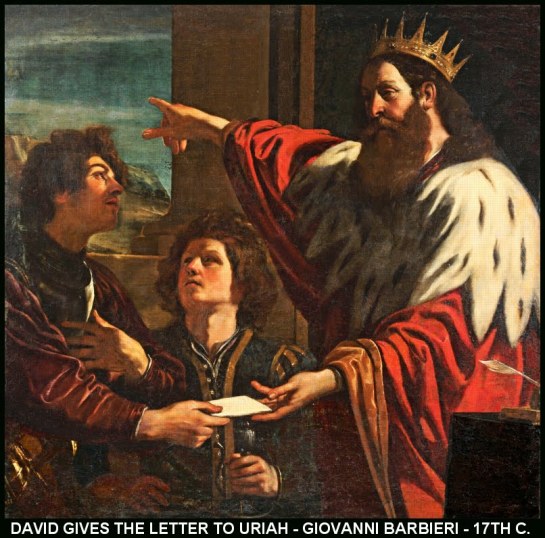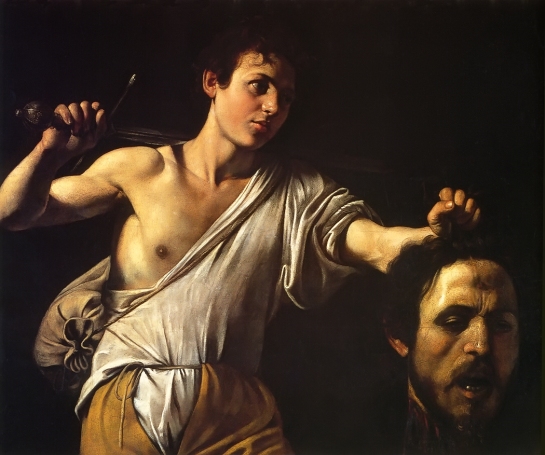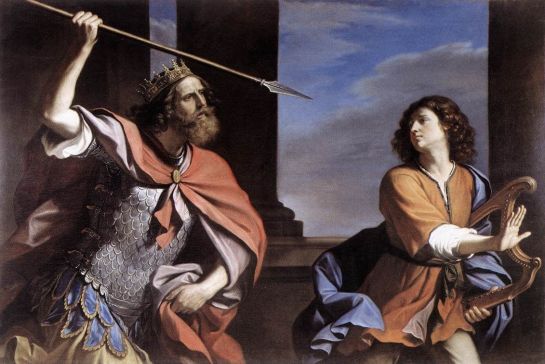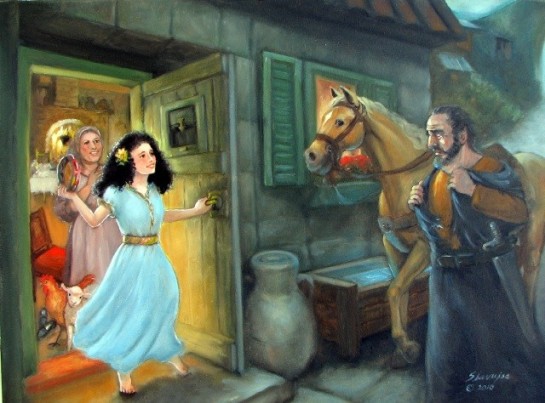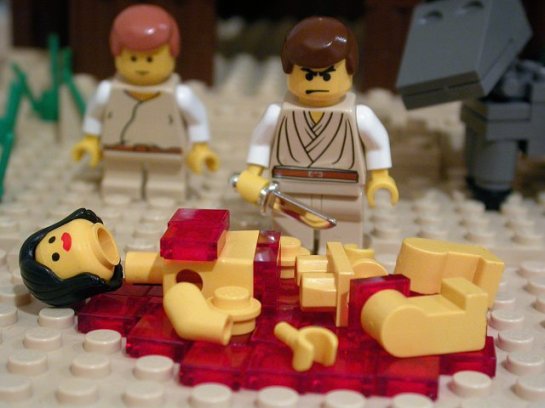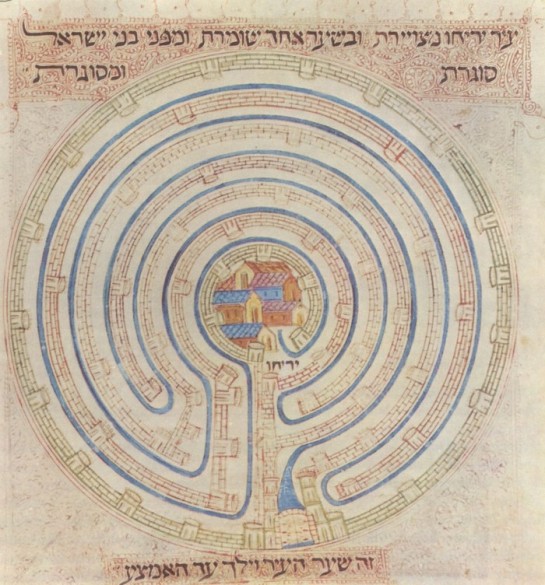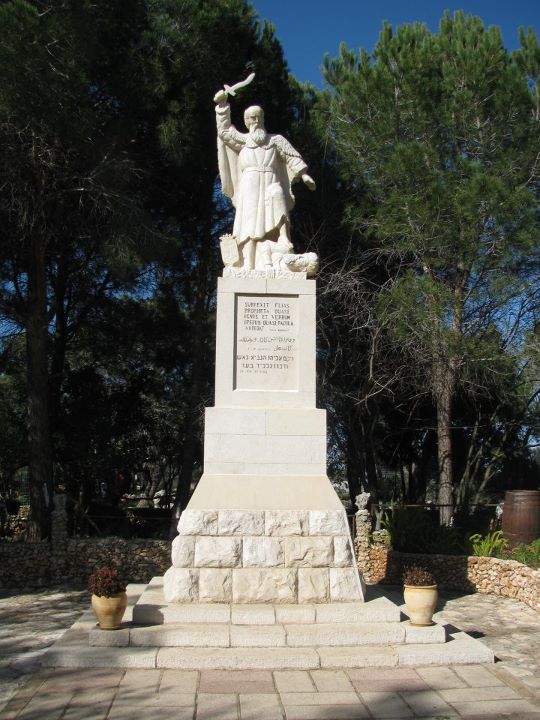 This is a statue of Elijah erected at Mt. Carmel
This is a statue of Elijah erected at Mt. Carmel
By Elijah I am referring to the Butcher of Baalites, the Killer at Kishon, the Annoyer of Ahab, the one, the only (his words not mine) prophet of the LORD. In the other corner we have the enemies of the LORD, the purveyors of perversity, the ransackers of righteousness, the malevolent malcontents, Ahab and Jezebel and the prophets of Baal.
In the display on Mount Carmel in 1 Kings 18:20-40, Elijah squares off against the prophets of Baal who not only represent Baal but also represent their rulers Ahab and Jezebel at whose table they eat (at least according to 1 Kings 18:19).
More is going on in this scene than may be gleaned at a glance. Elijah implies two things by calling for this gathering at all. First, by demanding that the people of Israel chose between the LORD and Baal, Elijah excludes the options of religious relativism and syncretism. This wasn’t just a showdown to see which God was stronger, it was call to the people of Israel to choose whom to follow.
Further, by this same demand, Elijah also excludes what today we call religious tolerance or coexistence. As events play out, the severity of this exclusion becomes more apparent through Elijah’s words, method of sacrifice, and actions.
Elijah’s words are used to mock Baal and his prophets through a series of explanations as to why Baal has not yet responded to his prophets invocations. According to Elijah, Baal may be day dreaming or sleeping or gone on a trip or relieving himself. His words prompt the prophets to progress from their chanting and dancing to wailing and acts of self-mutilation that resulted in gushing blood.
When Elijah begins preparing for his own sacrifice, he repaired the altar of the LORD that had been demolished. He then dug a trench around the altar and had water poured over the altar three times soaking the wood for the fire, the sacrifice itself, and the ground around the altar including the trench which was filled.
Unlike the Baalites, Elijah does not chant or dance or wail or bleed. He makes a request to the LORD for the LORD to:
- show himself God in Israel
- show that Elijah is his prophet
- show that this whole display was the LORD’s idea
- show that the LORD is God
- show that the LORD has turned back the hearts of the people
And unlike the Baalites, Elijah is met with an immediate response of consuming fire; fire that burned up the offering, wood, stones, dust, and water. This overkill response to Elijah’s overkill demonstration with the water was a further mockery of Baal and his prophets.
Then there was Elijah’s massacre of all of the prophets of Baal after bringing them to Kishon.
Through smack talk, humiliating displays, and slaughter, Elijah, as the LORD’s prophet, made clear that Baal and his followers would not be tolerated in Israel, not even as a separate coexisting group.
Of course, then he ran away from Jezebel.
For more on the royal couple and the complicity of the people of Israel, see here.
For more on the relationship of Ahab and Jezebel, peek over here.


